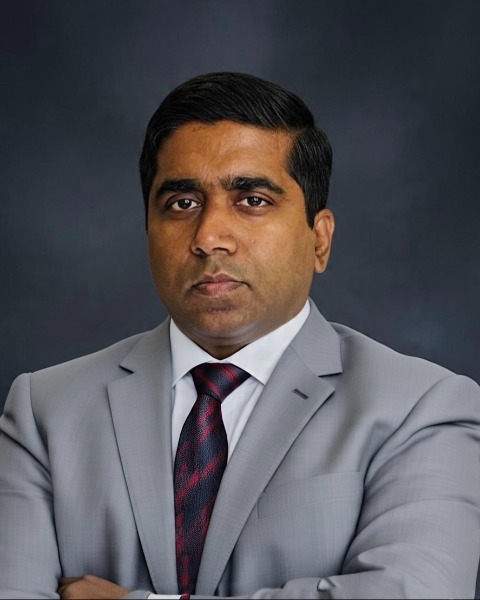
Md Nazmul Huda, PhD
Research Associate
Thomas Jefferson University
Md Nazmul Huda is a cancer biologist and translational researcher with over a decade of expertise in radiation oncology, breast cancer metastasis, organoid modeling, and therapy resistance mechanisms. As a Research Associate in Radiation Oncology at Thomas Jefferson University, he investigates tumor evolution under radiotherapy, integrates multi-omics with computational analysis, evaluates drug–radiation combinations, and explores desmoid tumor biology for therapeutic targets.
Previously, at the University of Arkansas for Medical Sciences (2021–2024), he led breast cancer projects on non-receptor tyrosine kinases (Brk/PTK6), chromatin remodeling (FAM60A/Sin3-HDAC), and PROTAC-based degradation. He managed protocols, trained staff, and contributed to publications. During his postdoctoral fellowship at Chung-Ang University (2020–2021), he developed gastric organoids to model host–microbiome interactions and implemented QA/QC for clinical labs. At Pusan National University Hospital (2018–2019), he identified urinary Rab27a and androgen receptor pathways as biomarkers in bladder and prostate cancer. At the Korea Institute of Science and Technology (2012–2017), he designed assays for tau phosphorylation and microtubule binding in colorectal cancer and screened natural anticancer compounds.
Dr. Huda earned his PhD in Biological Chemistry from the University of Science and Technology, South Korea (2017), an MSc in Pharmaceutical Sciences from the University of Greenwich, UK (2009), and a BSc in Biotechnology and Genetic Engineering from Khulna University, Bangladesh (2004). He is skilled in mammalian cell culture (2D/3D organoids), radiation workflows, CRISPR editing, molecular cloning, PCR/qRT-PCR, Western blotting, ELISA, immunohistochemistry, and laboratory management.
Awarded Top 3 Poster at the 2023 Winthrop P. Rockefeller Cancer Institute Retreat and Outstanding Research Award at Chung-Ang University, he serves on editorial boards and is a member of the European Association for Cancer Research and The Organoid Society. Committed to translating mechanistic insights into clinical strategies, he excels in collaborative research and mentorship.
